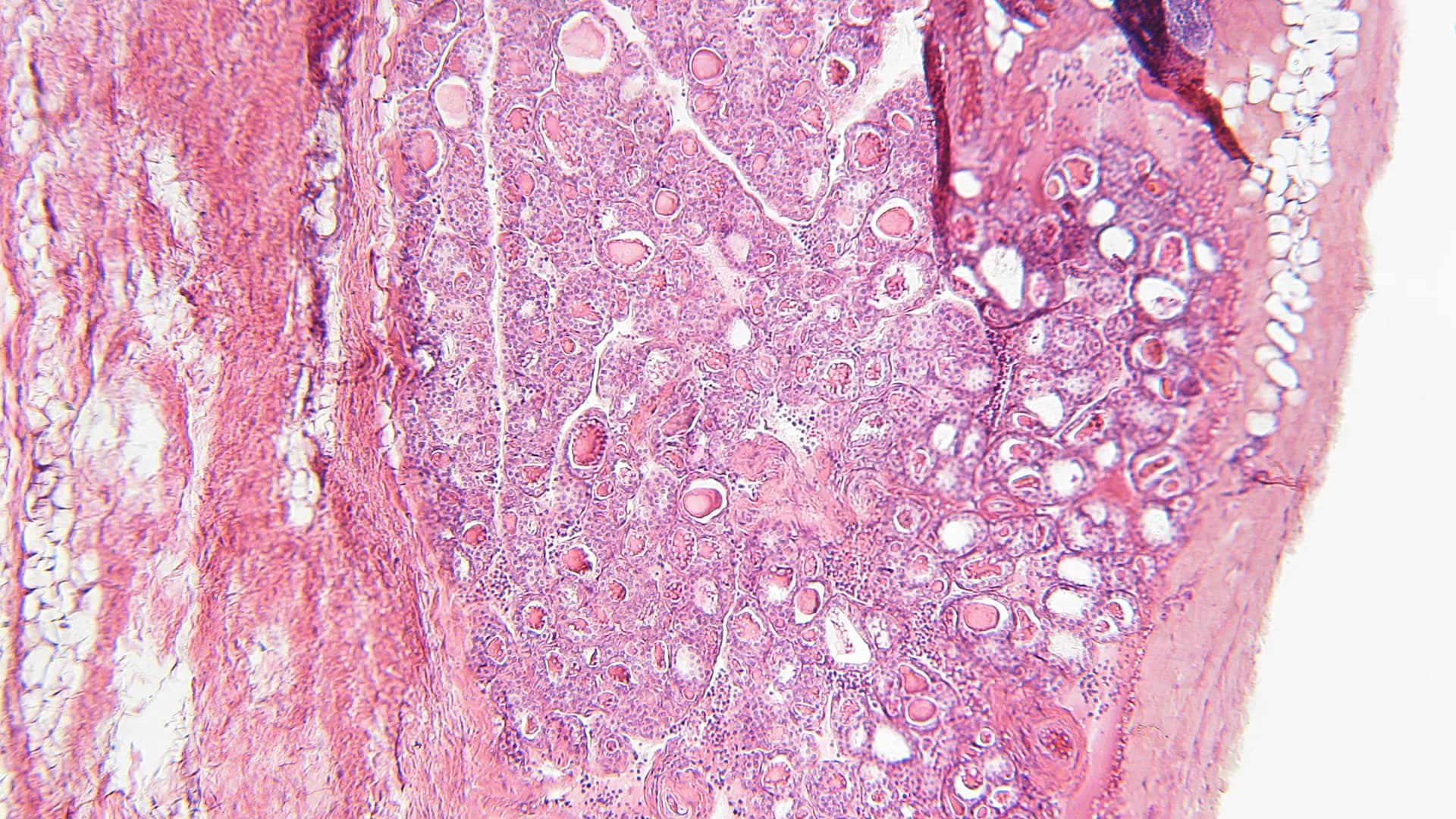There is an old and well-known idiom: You are what you eat. So our cells are what we eat. Every day, we eat, digest and absorb (or not) nutrients through our gastrointestinal mucosa into circulation resulting in a cascade of biochemical responses within cells to finally produce energy as a form of adenosine triphosphate (ATP). Allowing us to survive and cope with numerous stresses. On the other hand, skewed or insufficient nutritional intake, decreased physical activity and/or dysregulated metabolic responses may lead to a perpetuation, deterioration or even occurrence of inflammation or chronic diseases.
Recent accumulation of investigations points to an essential role of nutrition and metabolic regulations in the pathogenesis and pathophysiology of many diseases, including rheumatic disorders. In particular, the concept of “immunometabolism” has been recently introduced showing how metabolic pathways (such as glycolysis or fatty acid oxidation) would modulate functions of immune cells (e.g. T and B lymphocytes). Further, a potential contribution of adipocytes, or of visceral fat in systemic or local inflammation and rheumatic arthropathies has been actively discussed.
This Research Topic aims to focus on an emerging interest; the potential role of nutrition and metabolism, or the resultant conditions like body composition, in rheumatic diseases not restricted to rheumatoid arthritis (RA) but also other autoimmune and musculoskeletal disorders such as systemic lupus erythematosus (SLE) or osteoarthritis (OA). Contributions of Original Research and Review articles in this theme are particularly encouraged. Keywords may also include nutrition, metabolism, glucose, glycolysis, carbohydrate, lipid, fatty acids, amino acids, nucleic acids, energy, body composition, body mass index, obesity, metabolic syndrome, adipose tissue, sarcopenia, and cachexia. The broad spectrum of discussion with a mixed view of biochemistry and clinical nutrition would open an avenue to better understand rheumatic diseases, probably providing a new key to treat the intractable diseases.
There is an old and well-known idiom: You are what you eat. So our cells are what we eat. Every day, we eat, digest and absorb (or not) nutrients through our gastrointestinal mucosa into circulation resulting in a cascade of biochemical responses within cells to finally produce energy as a form of adenosine triphosphate (ATP). Allowing us to survive and cope with numerous stresses. On the other hand, skewed or insufficient nutritional intake, decreased physical activity and/or dysregulated metabolic responses may lead to a perpetuation, deterioration or even occurrence of inflammation or chronic diseases.
Recent accumulation of investigations points to an essential role of nutrition and metabolic regulations in the pathogenesis and pathophysiology of many diseases, including rheumatic disorders. In particular, the concept of “immunometabolism” has been recently introduced showing how metabolic pathways (such as glycolysis or fatty acid oxidation) would modulate functions of immune cells (e.g. T and B lymphocytes). Further, a potential contribution of adipocytes, or of visceral fat in systemic or local inflammation and rheumatic arthropathies has been actively discussed.
This Research Topic aims to focus on an emerging interest; the potential role of nutrition and metabolism, or the resultant conditions like body composition, in rheumatic diseases not restricted to rheumatoid arthritis (RA) but also other autoimmune and musculoskeletal disorders such as systemic lupus erythematosus (SLE) or osteoarthritis (OA). Contributions of Original Research and Review articles in this theme are particularly encouraged. Keywords may also include nutrition, metabolism, glucose, glycolysis, carbohydrate, lipid, fatty acids, amino acids, nucleic acids, energy, body composition, body mass index, obesity, metabolic syndrome, adipose tissue, sarcopenia, and cachexia. The broad spectrum of discussion with a mixed view of biochemistry and clinical nutrition would open an avenue to better understand rheumatic diseases, probably providing a new key to treat the intractable diseases.



